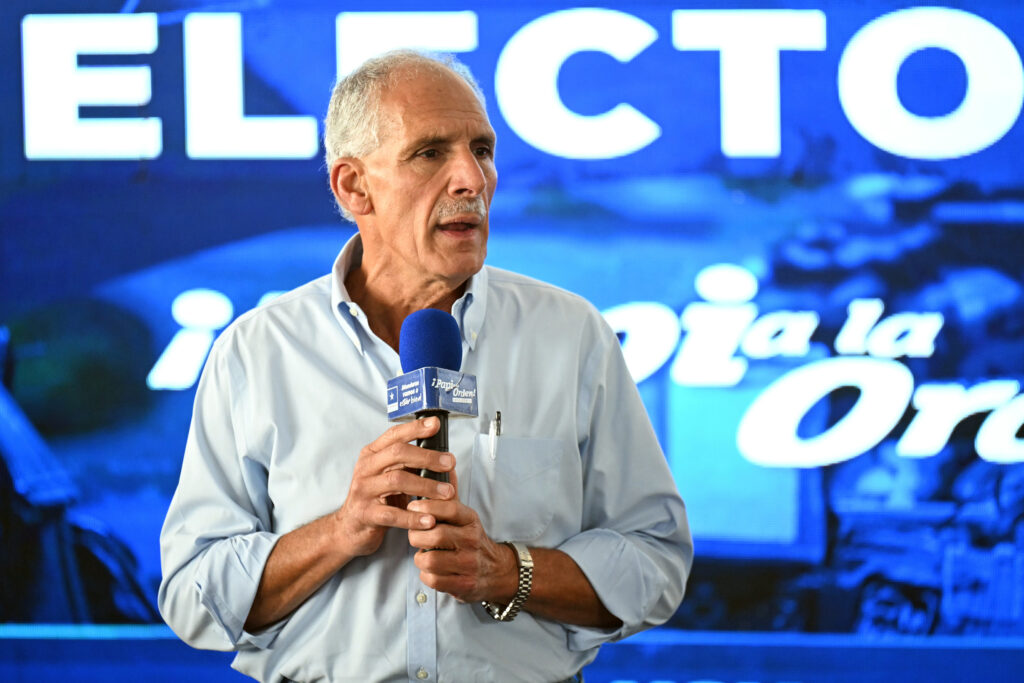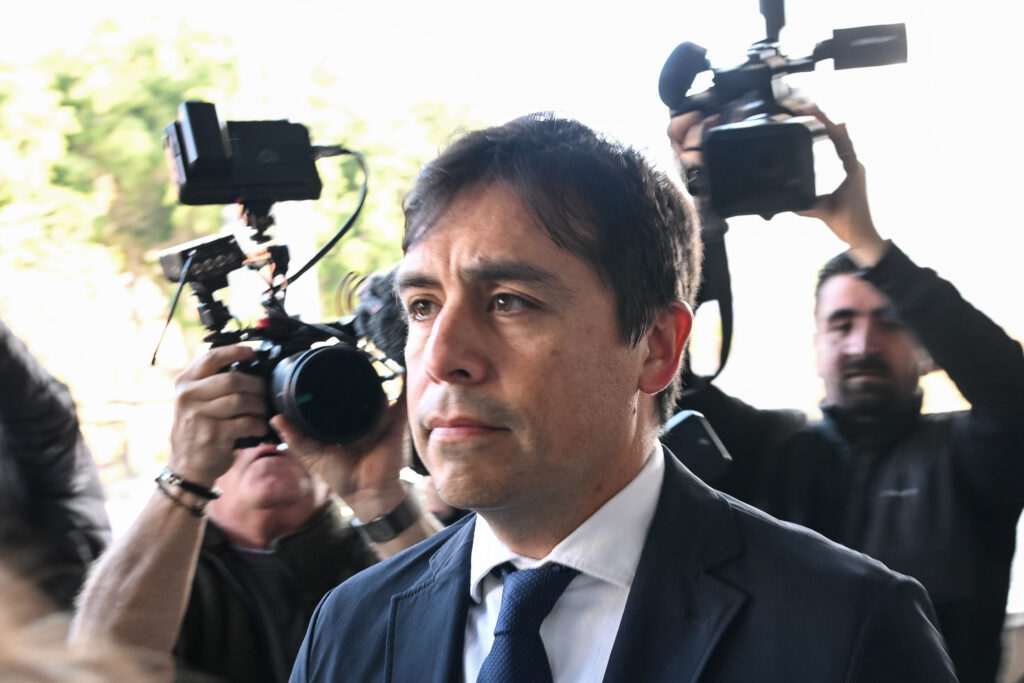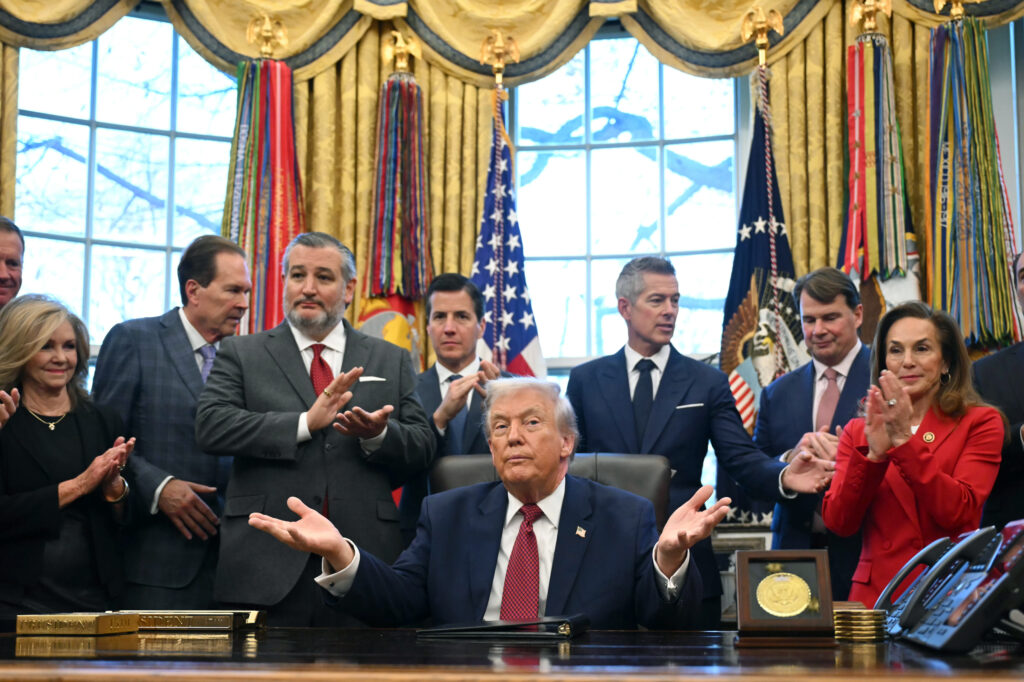Trump favorite reclaims narrow lead in Honduras presidential vote
A right-wing Honduran presidential candidate backed by Donald Trump reclaimed a narrow lead over his rival Thursday on the fourth day of a plodding vote count.With 84.52 percent of the vote count complete, businessman Nasry Asfura led with 40.05 percent to 39.74 percent for fellow right-winger and TV personality Salvador Nasralla, the CNE electoral council said.The result was still too early to call.The CNE has come under fire from the US president after announcing Monday that a partial count showed the two men locked in a “technical tie.”Trump, who routinely casts doubt on the integrity of elections whose results he disapproves of, accused Honduran authorities of “trying to change” the results, and threatened there would be “hell to pay” if they did. Honduras is one of Latin America’s most impoverished and violent countries, and many citizens have fled north to the United States to escape those hardships, including minors fearing forced recruitment by gangs.The CNE called for “patience” as it finishes the count delayed by technical difficulties, and has vowed the end result will “scrupulously respect the popular will.”It said Tuesday that ballots were still coming in from remote areas — some only accessible by donkey or boat — and the declaration of a winner may still be days away.The CNE, which has frequently been accused by parties of political favoritism, legally has one month to announce a winner.Honduran presidential elections are determined in one round, with a simple majority needed to win.- ‘Friend of freedom’ -Trump supports 67-year-old businessman Asfura, whom he has called a “friend of freedom,” while accusing 72-year-old Nasralla of merely “pretending to be an anti-communist.”Trump has become increasingly vocal in his support for allies in the region, having threatened to cut aid to Argentina and Honduras if his picks did not win.Argentina’s President Javier Milei, a close Trump ally, was victorious in his country’s midterm elections.Whatever the outcome in Honduras, Sunday’s election was a clear defeat for ruling leftists. Honduras’s swing to the right will likely boost US influence in a country that under the last government had increasingly looked to China.Trump has also granted a pardon to Juan Orlando Hernandez, a former president from Asfura’s National Party who had been serving a 45-year sentence in the United States for drug trafficking.The 57-year-old lawyer was released Monday in what was widely perceived as more interference.









